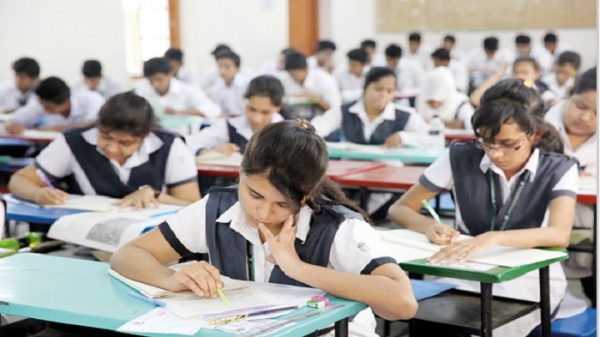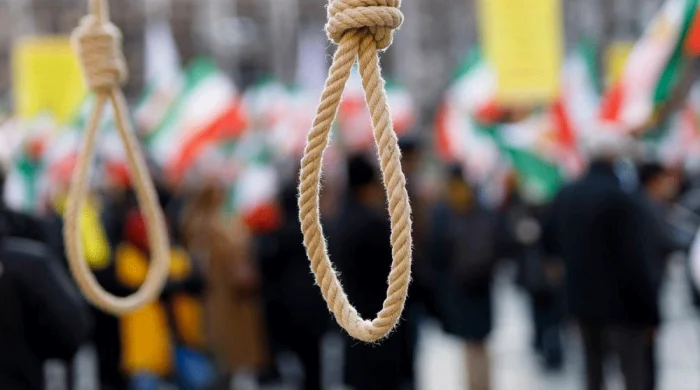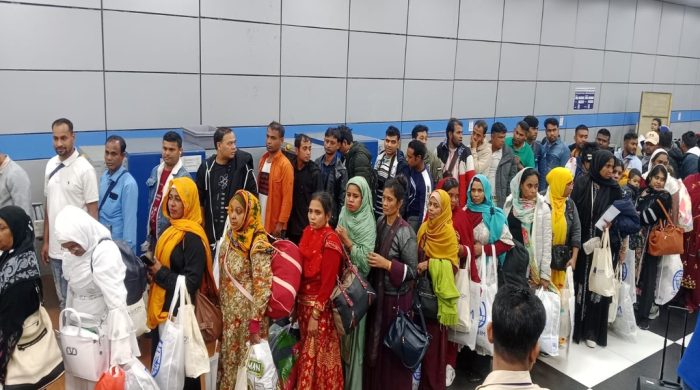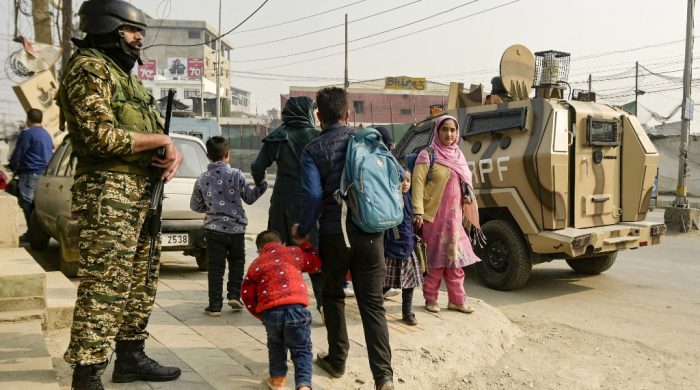Flashback in Outgoing 2020: Students bear the brunt of corona

- Update Time : Thursday, December 31, 2020
- 165 Time View

# Corona throws education sector into disarray
# Over 40 million students out of classrooms
# Govt compelled to cancel PEC, JSC, HSC exams
The academic life of over 40 million students and livelihood of thousands of teachers have been badly affected in the country in the outgoing 2020 year as the Covid-19 pandemic has thrown the education sector into disarray.
Since the beginning of this year, coronavirus has been upending public life, forcing the authorities to keep all educational institutions closed.
Millions of students from primary to university level have been worst affected as the traditional classroom learning has come to a complete halt due to the corona pandemic.
Many teachers of non-government schools, colleges, madrassahs and universities have lost jobs or got partial salaries. The majority of the educational institutions haven’t got tuition fees regularly.
Under the circumstances, the government has been compelled to take measures like promoting students to next classes without their final examinations.
About 49 years back, students got automatically promoted to next classes in 1971 when Bangladesh fought a bloody Liberation War against Pakistan.
This time, the entire world is fighting a common enemy which is so tiny that it cannot be seen with bare eyes. The fatal pandemic has upended all aspects of public life, including the education sector.
The pandemic has led to the cancellation of major public examinations — Higher Secondary Certificate (HSC), Primary Education Completion (PEC), Junior School Certificate (JSC) and their equivalent exams. The examinees are evaluated based on their results in their preceding classes.
More than 10 million students of class 6 to 10 have been promoted to next classes this year and there were no annual examinations.
The government moved to enroll students by lottery in schools for all classes for the next academic session.
The pandemic has put on hold the “Textbook Festival” on January 1 when free textbooks are handed to primary and secondary students every year.
On-campus classes at the country’s universities have been closed since mid-March, causing worries about session jams at the higher seats of education.
The University Grants Commission (UGC), on several occasions, has asked universities to begin online classes, but many were not ready institutionally for the remote learning.
Both private and public universities, however, have taken some time to adopt the online classes amid fears that students from disadvantaged backgrounds would be left behind due to the digital divide.
The UGC also provided an interest-free loan of Tk 8,000 to 41,501 students of 39 public universities so that they can buy smartphones to attend online classes.
Many non-government schools, especially kindergartens, have been closed or sold for their failure to bear management costs amid the long-closure.
Many teachers of these private institutions have switched jobs while others are having trouble finding an alternative source of income. Even many work hard to maintain their families.
Dhaka University Institute of Education and Research Prof M Wahiduzzaman said the government has failed to keep the education sector moving in the way it revived the economy amid the pandemic.
The country has made much progress in its ‘Digital Bangladesh’ initiative, but everyone should keep in mind that it started well behind the others in terms of technological infrastructure, he said, mentioning the limitations of online education in the country.
Prof Wahiduzzaman also said, “We have to set a target determining how we should proceed after the pandemic. The new curriculum has to include these things, it should be modernised and made smarter.”
“Technology must be utilised at all times, not just during the coronavirus crisis. This has to be included in the curriculum. We can reap benefits if we can fix these issues even if it is for coronavirus,” he added.
Meanwhile, the pandemic has also become a catalyst for educational institutions across the world to search for innovative solutions in a relatively short period.
Like other countries, Bangladesh has carried out online learning and recorded lessons were aired on TV channels to minimise losses of students.
The corona crisis has exposed the fact that the majority of the educational institutions were not equipped to take online classes — a new reality for the education sector.
Private schools have quickly adopted online learning methods, offering lectures delivered via video conferencing apps like Zoom and social media platforms like Facebook.
However, a lack of infrastructure and uneven access to internet and devices like smartphone for students in poor rural areas are vital obstacles to the remote learning.
To address the issue, the government started broadcasting live and recorded lectures through Sangsad TV for secondary and primary students, and directed all schools, colleges and universities to hold online classes.
The students of urban areas have got benefits of the online learning, but many rural students are deprived of the facilities due to lack of digital devices and poor internet facilities.
Educationists believe Bangladesh has to be ready to keep learning undisrupted during any disaster by reviewing the curriculum and making infrastructural changes.
The educational institutions should also continue the remote learning alongside in-person classes and it can keep students away from private tuitions, and coaching centres, they said.
They also emphasised the need for minimising the disparity between rural and urban students in accessing online learning facilities.
The government on March 17 closed educational institutions because of the pandemic and afterwards shutdown was extended in several phases until January 6 next year.
The long-time closure has brought a drastic change in the daily lives of 40 million students. It puts a psychological pressure on students while parents are still worried about the impact of the unprecedented length of the closure.
In the outgoing year, tuition fees have become a major headache in educational institutions since the shutdown began. Private institutions launched online classes, but many parents do not find it reasonable to pay for the lessons the children are learning online.
The government has ordered the non-government institutions to only take tuition fees to end problems, but the institutions say they are failing to pay teachers and staff, and facing difficulties in continuing operations without other fees.
After parents of students staged street demonstrations, some schools agreed to cut one or two months’ fees, or remit fees of students whose parents lost their job due to the pandemic.
Their demand for a 50percent tuition fee waiver was not met though most of guardians have been affected financially for the coronavirus outbreak.
When asked, Education Ministry’s Secondary and Higher Education Division Secretary Md Mahbub Hossain said the virtual methods of providing lessons for students will not stop and it will also continue in the days to come.
“We’ll take steps on how to better conduct education activities virtually to minimise losses of students. We would also need to think about different alternatives to face such challenges,” he added.

























